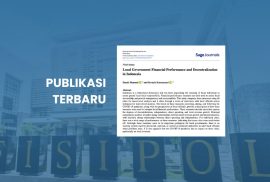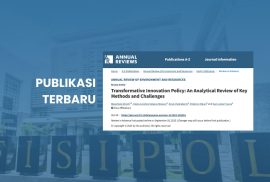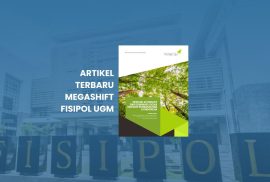Yogyakarta, October 27, 2025—The Academic Innovation unit of Fisipol UGM has initiated a new course titled “Forest Carbon Literacy 2025” on the FOCUS platform. The launching ceremony for the new course invited three speakers, as well as a module writer from the Forest Carbon Literacy 2025 course, that is Wahyu Yun Santoso (Lecturer at Fakultas of Law UGM), Budi Mulyana (Lecturer at Faculty of Forestry UGM), and Sarah Wibisono (Sustainability Consultant).
This year, the course is created with the intent to focus on the management of forest on the international level, emphasizing through cross-border comparison in understanding the best practices, as well as failures management of forests in other areas. In the making of this course, Fisipol UGM, through the Academic Innovation Unit, collaborated with UGM’s Faculty of Forestry, Faculty of Law, Chakra Giri Energi Indonesia, and Oxfam.










